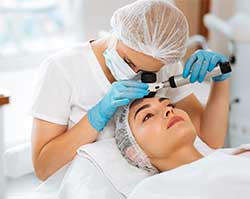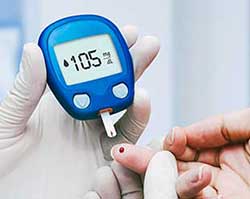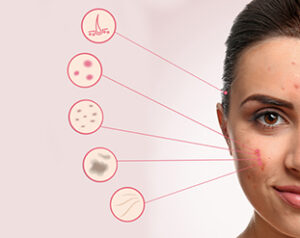Consult City's Top Doctors, The Minute You Need To
First Consultation starting
@ ₹249 ₹499
2907
Dermatologists
1076452
Cases done
by Dermatologists
1784
Hospitals
The dark story of dark circles
About
Popularly known as “dark circles, Periorbital Melanosis (POM) has also been referred to as ""infraorbital skin discoloration,"" ""infraorbital darkening"" and ""some darkening of the skin around the eyes.""
POM has been found to be most prevalent in 16-25 years age group (47.50%) and in females (81%), of which the majority were housewives (45.50%)’ [1].
- Self-diagnosable
- Can be treated by a dermatologist
- Lab imaging not required
Causes include:
- Dermal melanocytosis is characterized by the presence of melanocytes in the dermis.
- Post-inflammatory hyperpigmentation, secondary to atopic and allergic contact dermatitis and other dermatological conditions (e.g., lichen planus pigmentosus)
- Drug-induced, such as in the case of fixed drug eruptions and erythema dyschromium perstans
Symptoms
- Characterized by light to dark colored, brownish-black pigmentation surrounding the eyelids. It gives a tired look to the patient.
Treatment
Self-care:
Consume foods rich in Vitamin C like Indian Gooseberry (Amla), citrus fruits like lemon, orange, vegetables like potato. Other effective foods include cucumber, melon, watermelon, water chestnut, etc. 6-8 hours of undisturbed sleep is helpful.
Medication:
Topical depigmenting agents and bleaching agents are prescribed by dermatologists. Usually treatment of minimum three months is suggested.
Specialists:
Dark circles should not be taken casually and demands for expert diagnosis, early treatment, and expert dermatologists, which you can connect through mfine.
Other Specialities
Give a missed call to 08061914343 to Download the App
































